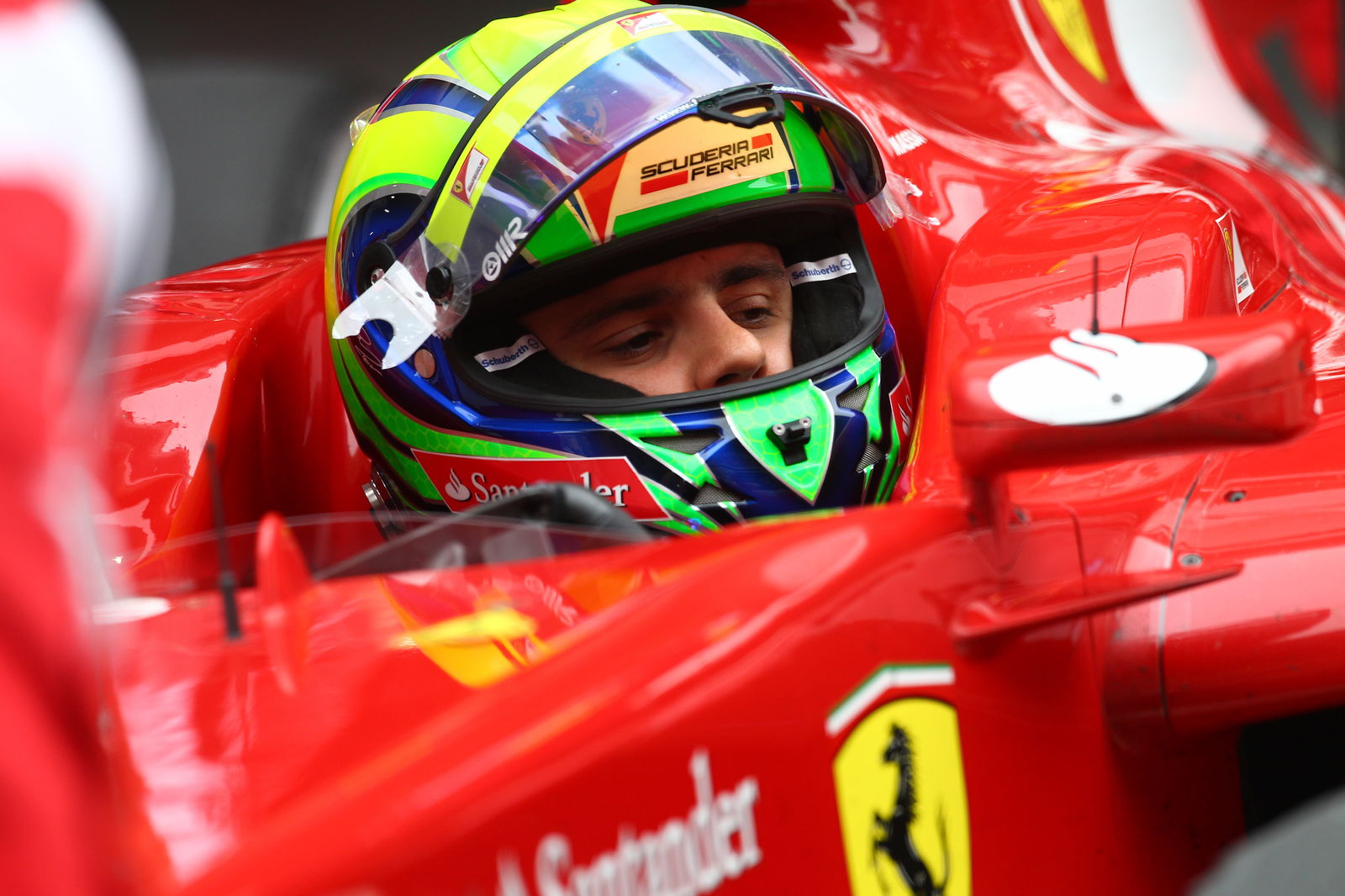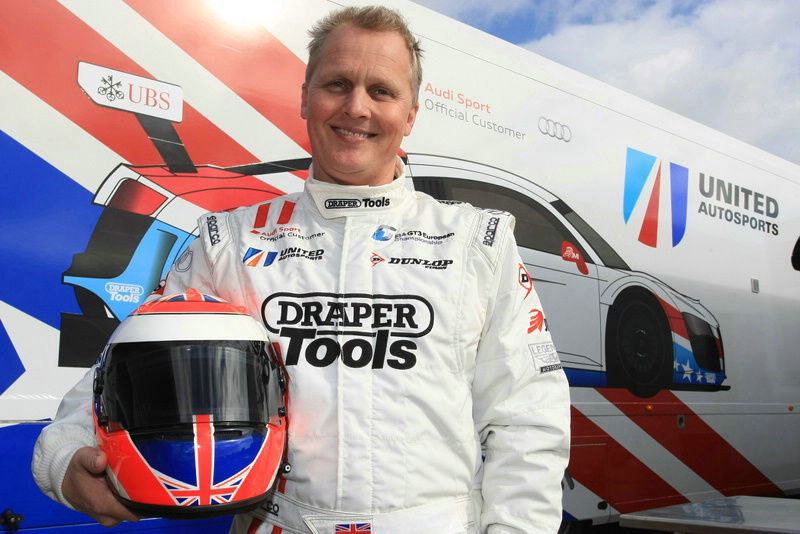Ferrari onside with Ecclestone's engine objections

Bernie Ecclestone has apparently gained a powerful ally in his personal crusade to overthrow plans to introduce smaller, more efficient engine to F1, with the sport's longest-standing constructor branding the move 'pathetic'.
Ecclestone has long made his objections to the introduction of 'greener' 1.6-litre four-cylinder turbo powerplants known but, according to the BBC's Andrew Benson, can now count on the support of Ferrari as he attempts to at least postpone their arrival beyond the proposed 2013 season.
Ecclestone believes that replacing the current 2.4-litre V8 engines will not only send the cost of competing spiralling at a time when cutting spending is a key push, but could also lead to the F1 spectacle being diminished, particularly if the 'sound of the sport' is altered by the quieter turbo units. Ferrari, meanwhile, claims that the new engine has 'no synergy' with its road cars, despite the latest products from Maranello being fitted with various environmentally-friendly technologies. According to president Luca di Montezemolo, who branded the proposed new formula 'pathetic', there are cheaper and more effective ways of making F1 more fuel-efficient while retaining the current engine specification.
While Ferrari has not been afraid to make its feelings known, there are others in the F1 paddock apparently siding with the Scuderia - and Ecclestone - in secret, despite the teams having approved these rules in order for work on the project to start in earnest. While the argument for the change cites that it would not only attract new manufacturers to the sport, but potentially also new sponsors, insiders claim that that has not happened, with sponsorship still hard to come by and Volkswagen - seen a as key target of the new engine rules - having performed a U-turn on its interest in F1, despite insisting that the road-relevant engines would be a major attraction.
Along with Ecclestone, without the benefits of the change, the teams see introducing new engine rules as a cost that should not be enforced when 'there are a few teams on the breadline'.
Benson reveals that Mercedes has expressed its concern at the expense of changing a fundamental aspect of the sport's technical specification, while Cosworth is also reckoned to be opposed to it, although neither has claimed as much in public. Indeed, it would appear that Renault is in a minority of one when it comes to supporting the change, although the French manufacturer has good reason to favour it as one of the key reasons behind its continued involvement, with turbo-hybrid engines set to propel as much as 70 per cent of its road-going models within four years.
"The proposed rules are road-relevant and completely in line with Renault's road car strategy," F1 managing director Jean-Francois Caubet says, "We have already started design concepts on the 2013 engine, as this dovetails with our plans in road cars."
Cynics, meanwhile, suggest that Ecclestone's objection to the rule change is a reflection of his relationship with current FIA president Jean Todt - ironically a former Ferrari team boss. Ecclestone has made no secret of his admiration for the Frenchman's predecessor, Max Mosley, and there are those who believe that he is 'against [the engine change] because Todt is for it'. Others see the row as a potential means of prising Ferrari away from the FOTA alliance, thereby weakening the teams' power in the battle over the sport's revenues.
While the article suggests that concerns over the cost of the change could be allayed by the manufacturers agreeing not to pass on the cost of development and keeping the price of the new engines the same as they are currently charging their customers, it also puts forward a series of compromises, including postponing the introduction until 2014 to coincide with other major changes in the category, or allowing the current engine spec to continue, but with greater KERS influence to satisfy the environmental objectors.
Whatever the outcome, it is likely that a decision will be needed in the next few months, before the teams and engine builders are obliged to spend the money the objections are trying to save.











